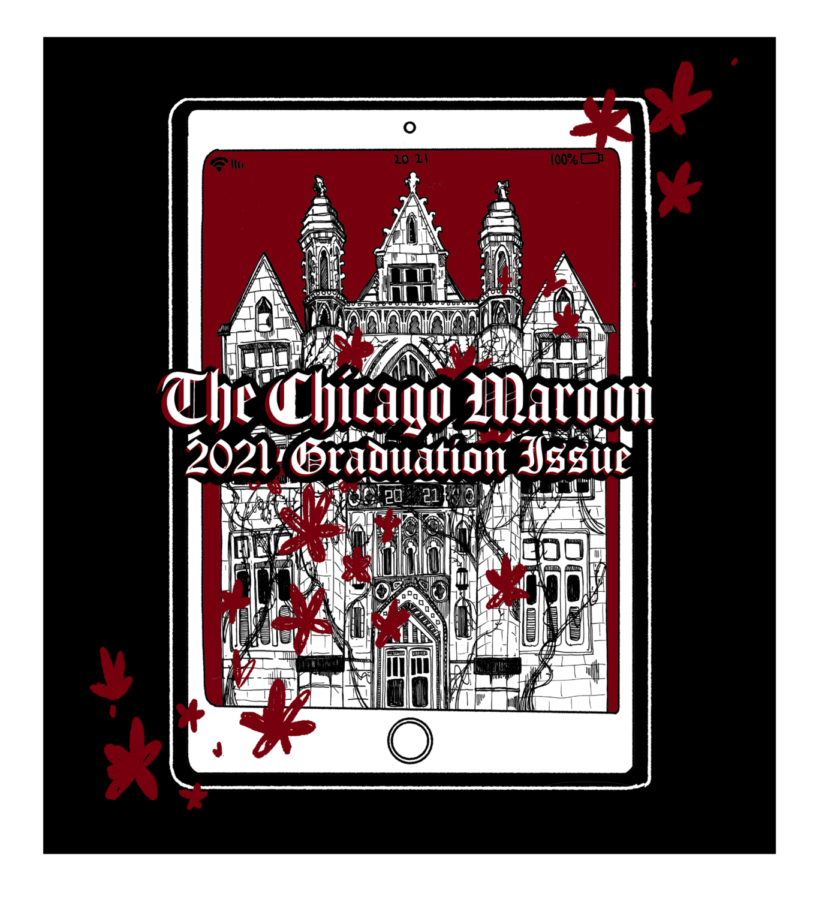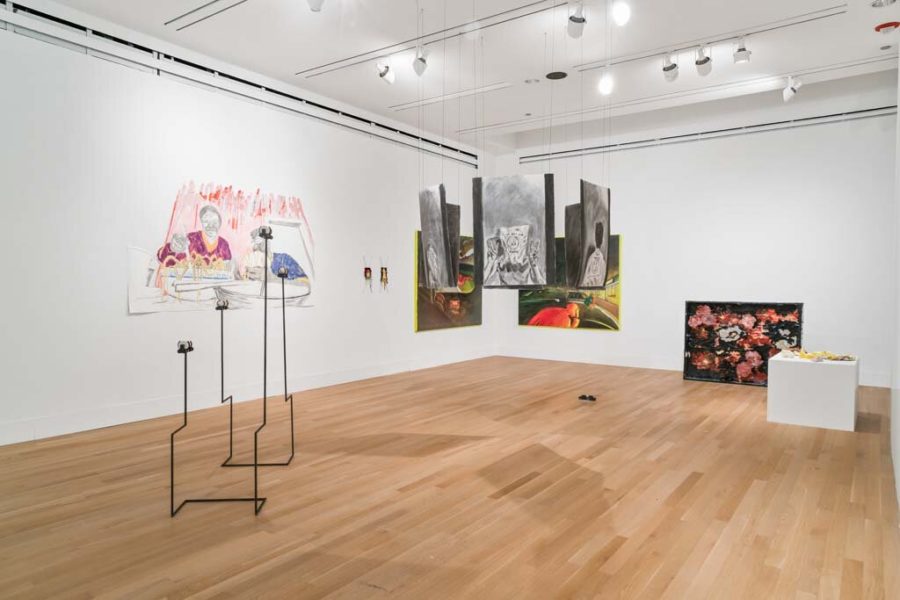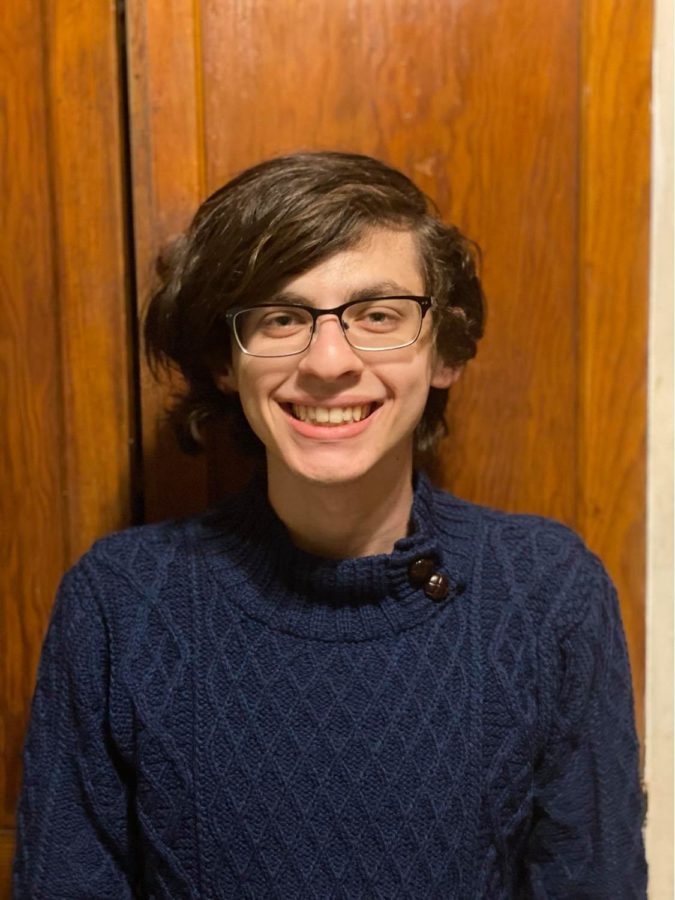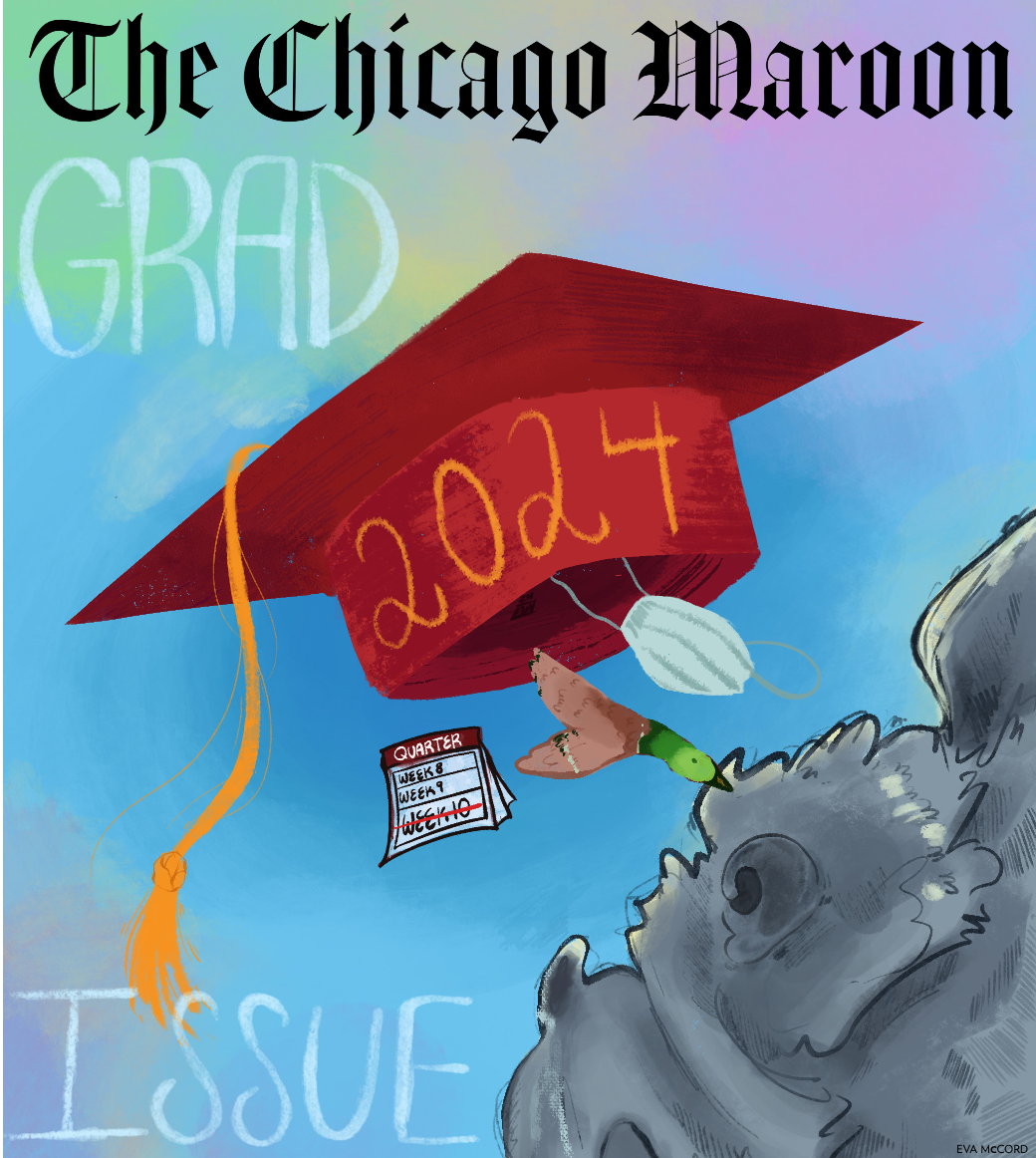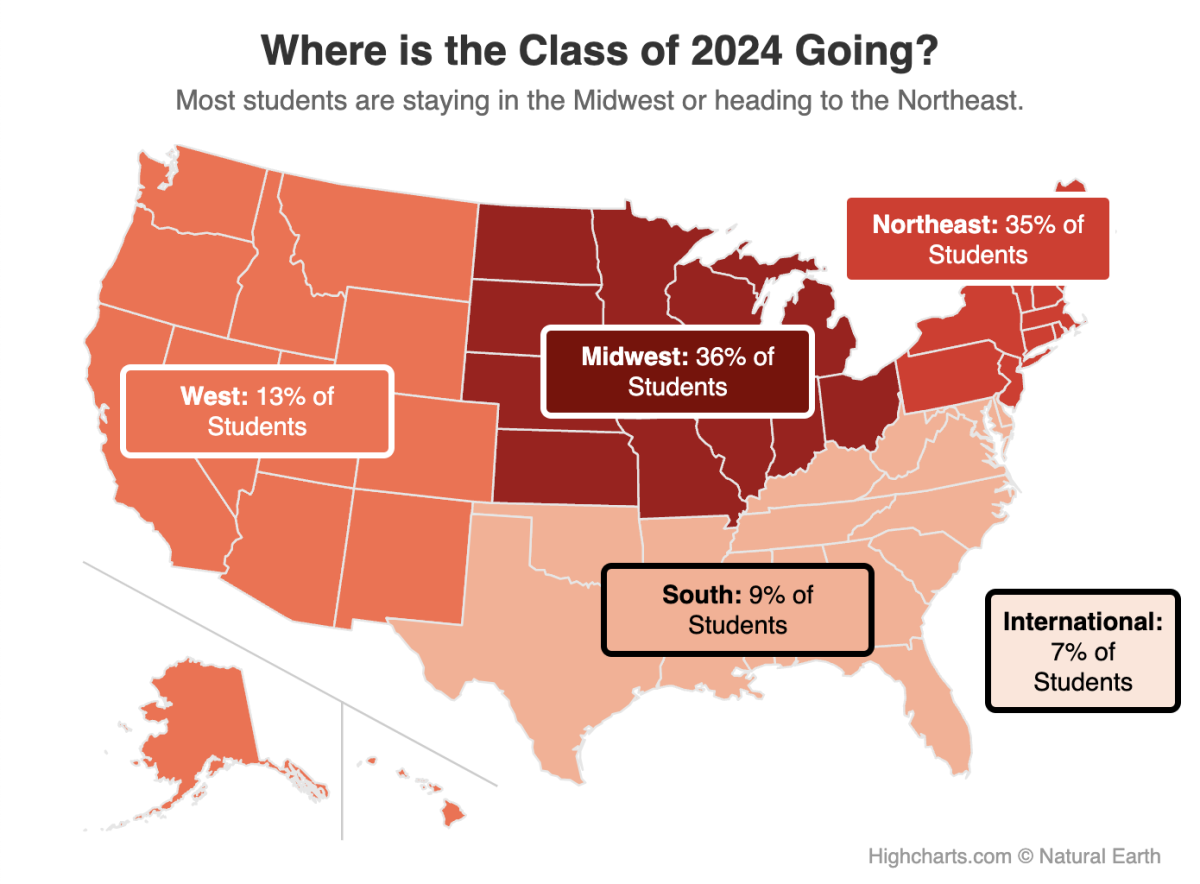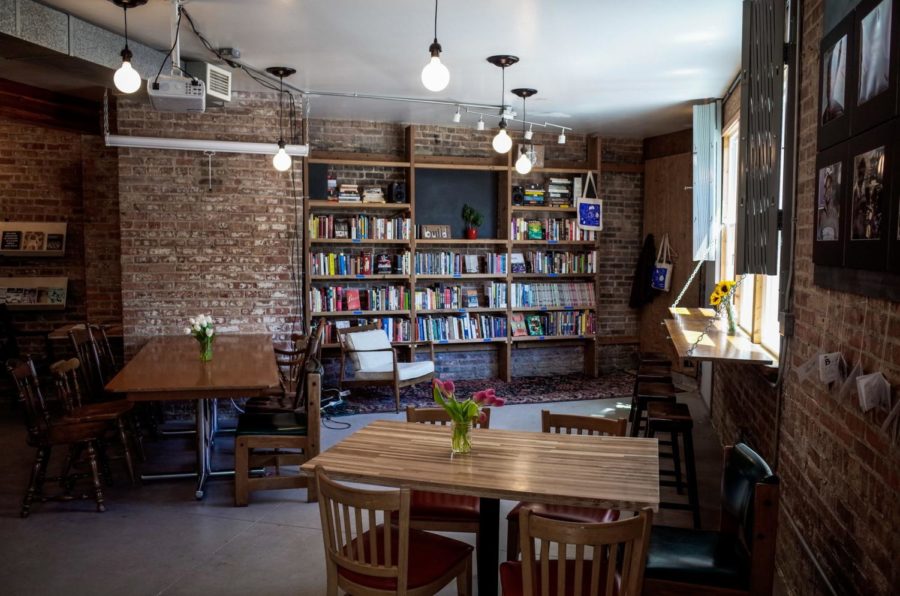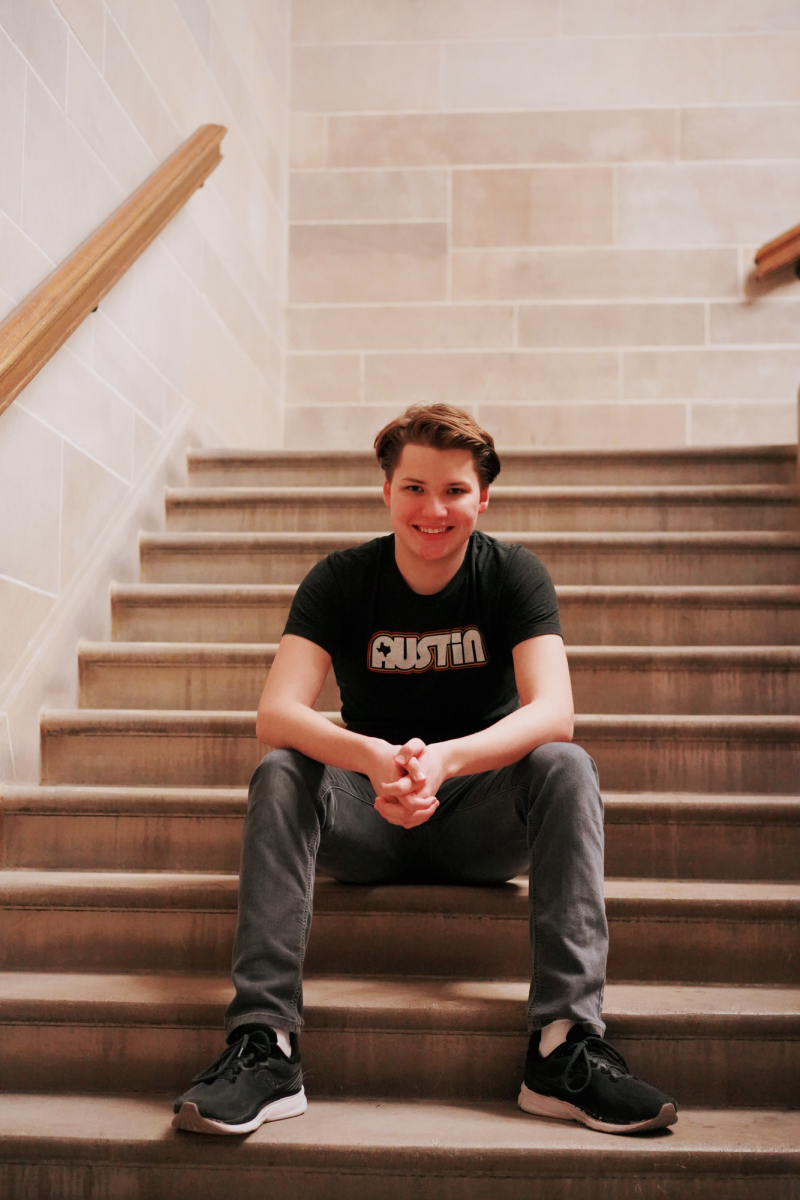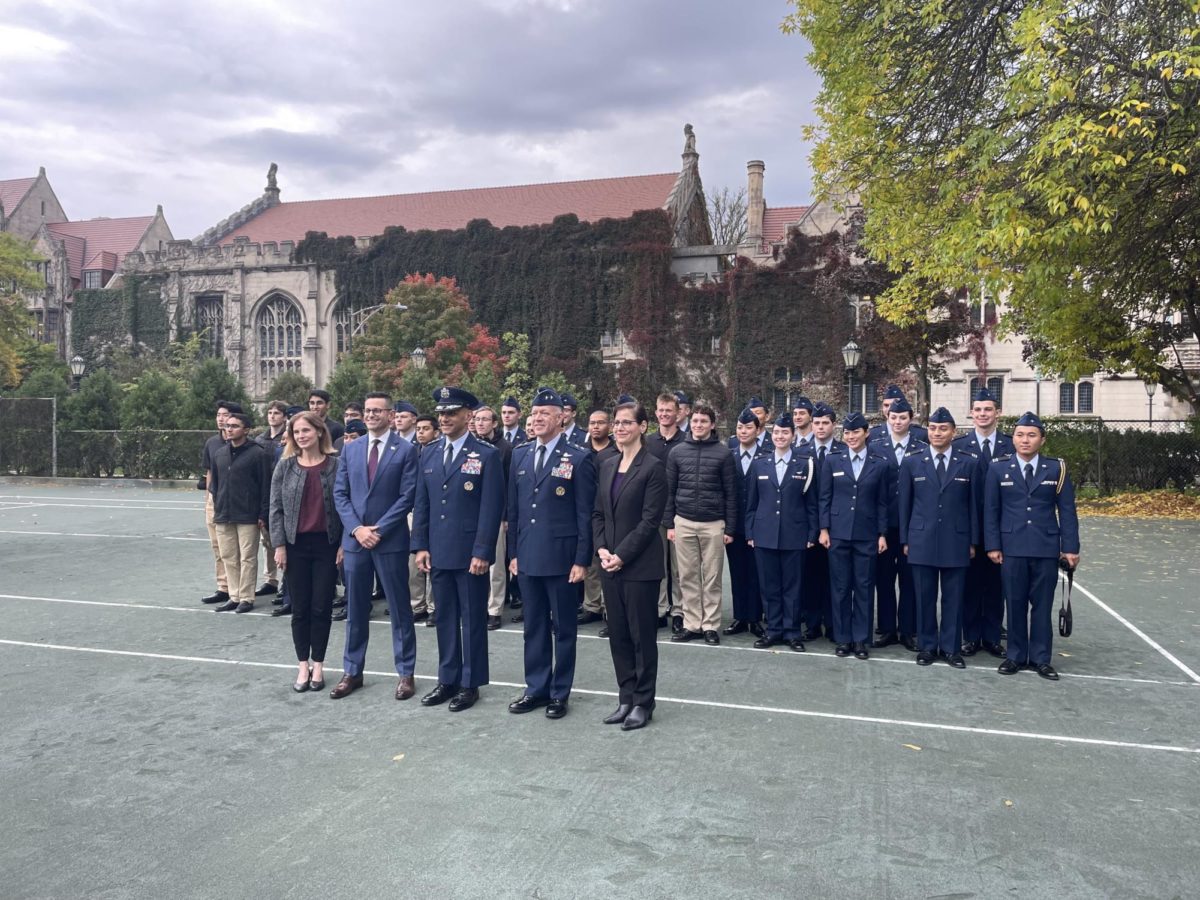In my first three years of college, I read Harriet Jacobs’s Incidents in the Life of a Slave Girl three times.
First, it was in my first-year Humanities sequence, Reading Cultures. A new transplant in Chicago at a new school (college, finally!) and living away from home for the first time, I was nervous and worried about succeeding academically. Sitting in one of the armchairs in South’s study lounge, I read slowly and carefully, armed with a black pen, which I used liberally, underlining a sentence or two on every single page and writing detailed notes in the margins. It took me hours to get through 50 pages. In class, we focused on paratext and how the publisher’s introduction by Lydia Maria Child frames Jacobs’s narrative and offers it legitimacy among a northern, white audience. I was too embarrassed to admit that I failed to even notice this two-page introduction, inadvertently skipping over it entirely.
The next year, I read Incidents again in an eight-person English seminar called Incarcerated Life, which met in a tiny room in Wieboldt Hall. Though I was the only second-year enrolled in the class, I had grown more confident in my critical reading and ability to analyze, though I took cues from my older classmates about when I should speak, only raising points that related directly to what they said, never steering the conversation in a new direction. Sitting in the Harper reading room, I opened my copy of *Incidents* that I so heavily annotated in black the year before. I chose a red pen from my pencil case and this time marked only the passages that I felt were important. In class, we talked about slavery as an early iteration of the modern prison and the different modes of surveillance to which Jacobs was subject. When it was relevant, I made a nervous observation about the paratext; it was half my own thought and half paraphrased from my Reading Cultures professor.
In my third year, I read Incidents for the last time in a class called Race and Space. As my friends gossiped and cooked dinner in the kitchen, I lounged on our sofa and reread the book quickly, guided by my past selves’ marginal notes. I marked in blue ink the pages related to descriptions of the natural environment and constructed physical spaces. In class, we talked at length about the chapter called “Loophole of Retreat,” which refers to the small garret above Jacobs’s grandmother’s shed, where Jacobs spends seven years hiding from her master. The space is a loophole for Jacobs because it is an escape from daily abuses at the same time that it is a jail cell so small that she can’t even stretch her legs. I directed the class to a passage wherein Jacobs bores small holes in the wall with a gimlet so she can see her children playing outside, and I noted the ways in which it marked a shift in power relations, a reversal of the white gaze, and (recalling all I had learned about prison apparatuses the year before) perhaps a new formulation of Jeremy Bentham’s Panopticon.
This year, my last at UChicago, I did not take a class that assigned Jacobs’ text. I might have read the book on my own for symmetry’s sake, but I couldn’t. My well-worn copy of Incidents—replete with black, red, and blue annotations—is on a bookshelf in my apartment on South Woodlawn, where I left it last March—that is, March of 2020—when I flew out of Midway airport for what I thought would be a two-week spring break. I haven’t been back to Chicago since then. Alas.
As a writer and a humanities student, I read deeply into everything and I’m always a sucker for a good literary device. For those of you who’ve taken a different academic path that doesn’t require you to cut up every sentence you encounter with a sharp blade, I’ll make it easy: My dynamic relationship with Incidents is a metaphor for my dynamic relationship with UChicago over the past four years. Every time I read Incidents, I did so differently and with more maturity, confidence, and thoughtfulness. What began as a compelling slave narrative became a multifaceted textual object as I learned how to recognize its complexities and nuance. Each subsequent year, certain parts of Incidents fell away and other parts came into focus, the typeset ink seemingly shifting on the page before my eyes.
My time at UChicago feels the same—and that’s how it should be. First year, UChicago meant nights in Crown House lounge partaking in study break and watching movies, exploring the city for the first time via CTA, and standing in line for upwards of thirty minutes for Cathey’s pasta bar. Second year, UChicago was deciding to be an English major and falling asleep with a novel against my chest every night, tagging along to my friends’ sorority formals, and biking up and down the Lakefront Trail. Third year, UChicago became late nights in the Ida Noyes basement producing The Maroon, calling our landlord about a persistent rat problem, and cherishing my ability to recognize almost everyone in my English seminars on the first day of a new quarter.
And then there’s fourth year. This year, I had planned to supplement my close circle of friends with grad students as I worked toward my M.A. in the Humanities as part of a four-year dual degree program. I had envisioned biweekly train rides to Andersonville with my roommates to visit our favorite bookstore. I imagined taking my graduation photos on the picturesque quad. None of those things happened. For a myriad of reasons, I decided to attend school remotely in the fall from my parents’ house in Washington D.C. Fall turned into winter, which turned into spring, and I am still here.
Just as I learned to read Incidents differently as I matured as a student, I have learned how to be a UChicago student differently as I adapt to this pandemic and now, hopefully, this post-pandemic lifestyle. Specifically, this year, I have embraced the only part of the community to which I feel tethered: my coursework and the classroom, albeit a virtual one. UChicago has been distilled down to academia alone. Separated from campus and my social group, I seek solace in my classmates and my professors. The hours that I’m in class are truly the highlight of my week, my way of staying connected. This year, UChicago is thesis workshops with my MAPH precept via Zoom, meeting my new graduate classmates in breakout rooms, finishing a novel and telling my mom, rather than my friends, what I’m excited to discuss the following day.
Several weeks ago, I turned in a thesis to the English department of which I am truly proud. At my parents’ house, no longer responsible for shopping or cooking for myself, and with very few social obligations, I was able to devote my entire self to this project for the past few months, and I can honestly say that my paper is better for it. I can’t know what the final product would look like if I was writing it amidst the chaos of typical college life, but I can’t imagine a scenario where I’d have the focus to recreate the nuanced work I did from home. For three years, I flourished, struggled, and matured on UChicago’s campus, and for one year, I did so from another place. I am thankful for all of these years—and all of my readings of Incidents.
Alexa Perlmutter is a fourth-year in the College, a master’s student in the humanities, and a former editor of Viewpoints.


